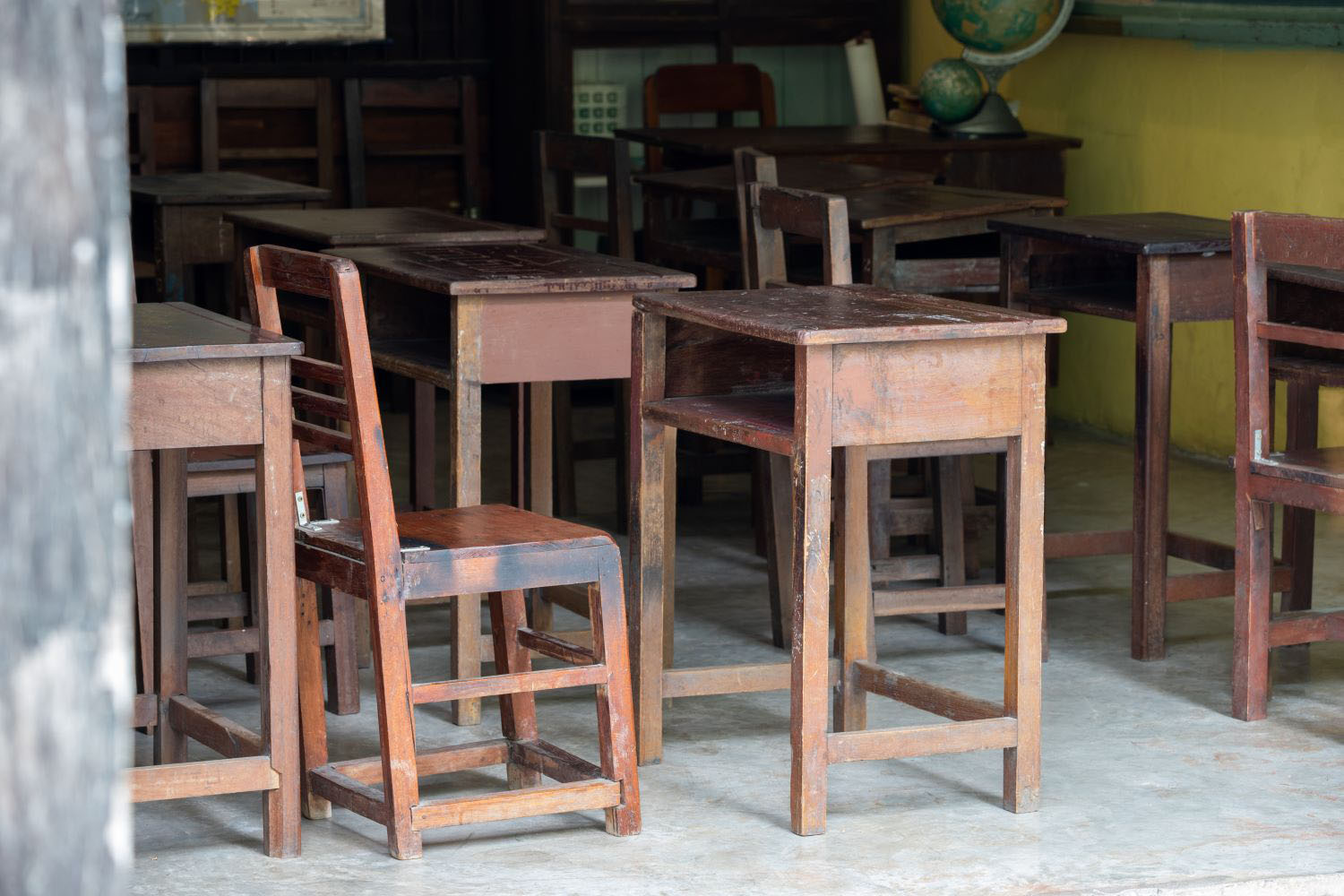This periodic summary of what we’re reading from RISE (Research on Improving Systems of Education), CGD’s initiative on education reform in the developing world, is a little late as we’re in the middle of touring the world speaking to potential bidders for RISE Country Research Programs, in London, Dar es Salaam, Abuja, Delhi, Islamabad, and Jakarta. We’re accepting expressions of interest until 27 August; please see the RISE website for more details.
Measurement and the Learning Crisis
1
First up, Rukmini Banerji from ASER (and part of the RISE Intellectual Leadership Team) has written a great blog on what we should learn from 10 years of citizen-led learning assessments in India. While assessments alone won’t be enough to improve learning, without them, nobody knew we even had a problem. Rukmini also presented at the Bihar Growth conference last week, highlighting the ignored “Rs 100 crore private tuition industry,” for which the government needs a strategy, and quick.
2
The InterAmerican Dialogue has just launched a "Commission for Quality Education for All" chaired by former presidents of Chile and Mexico to investigate the learning crisis in Latin America and what can be done about it. RISE isn’t working in Latin America yet…
3
The Shanghai Daily has an interview with DFID chief economist Stefan Dercon and OECD director for education Andreas Schleicher. “Education systems need to evolve to better serve students in developing countries” — that sounds like something from one of our vision documents.
What Works?
4
What works to improve learning in South Asia? Researchers at the World Bank have put together yet another new systematic review and meta-analysis to add to the pile. Good job someone is keeping track.
5
Mehtabul Azam and Geeta Kingdon have a new paper looking at the importance of teacher value-added in India. Their findings are similar to those from the United States — there is massive variation in teacher quality, and measurable characteristics such as experience and qualifications aren’t good at predicting which ones are good and bad.
6
Azmat Khan reports for Buzzfeed on what happened to the $1 billion of US aid for schools in Afghanistan. Nobody really knows.
Learning and the Labor Market
7
Eric Hanushek talks to Russ Roberts about the Sustainable Development Goals on Education, and the importance of learning not schooling for economic outcomes, so goals should be focused on outputs not inputs.
8
Eric Maskin has a new simple theory of why globalization seems to be worsening inequality between low-skill and high-skill workers in poor countries —contrary to what your econ textbook taught you. More in the World Bank Economic Review.
9
Simon Baptist and Francis Teal have a new paper asking “Does education explain why Korean firms are so much more productive than Ghanaian firms?” Spoiler —no, not entirely.
If you’re interested in getting involved in some cutting edge research on education systems in developing countries, now is the time to act. We’re accepting Expressions of Interest from Country Research Teams from August 1 to August 27. Full details for bidders are available on the RISE website , including a video of Justin and Lant explaining the research agenda, a database for researchers looking for partners and team members, FAQs , and a form for submitting any additional questions to be answered.
CGD blog posts reflect the views of the authors, drawing on prior research and experience in their areas of expertise.
CGD is a nonpartisan, independent organization and does not take institutional positions.





